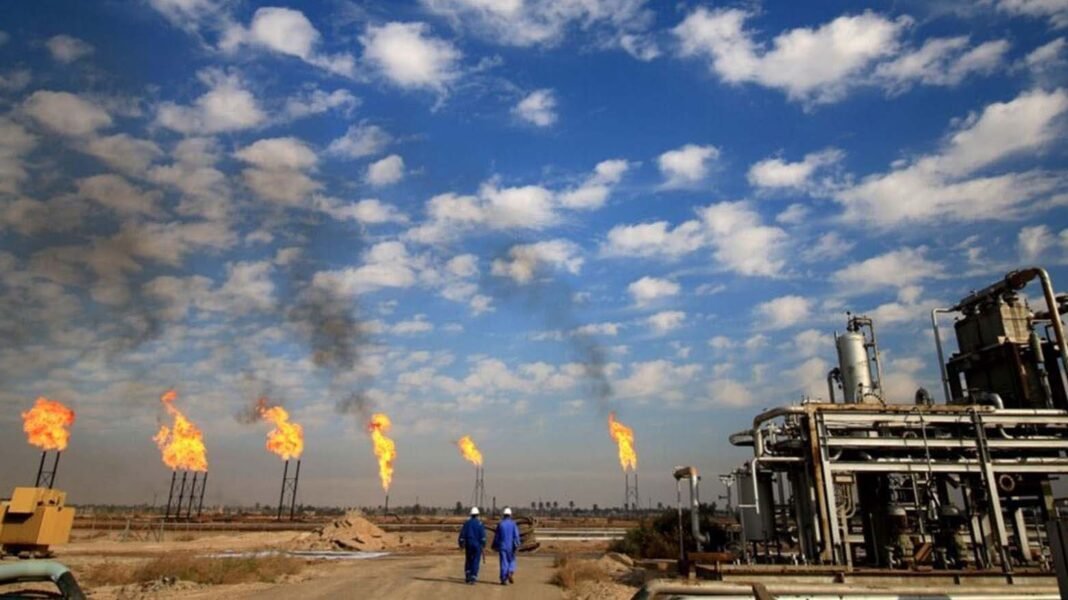Iraq boosted its crude oil exports to the United States in June, reaching a total of 6.4 million barrels. This marked a significant rise compared to May, when Iraq shipped 5.5 million barrels to American buyers. This consistent upward trend reflects Iraq’s growing presence in the global oil trade.
Throughout June, Iraq crude exports to the US followed a weekly pattern. In the first week, exports averaged 213,000 barrels per day. The second week saw a drop to 183,000 barrels per day. However, the numbers climbed again to 212,000 barrels in the third week. During the final week of the month, the figure dropped again to 164,000 barrels per day.
Despite fluctuations, Iraq crude exports to the US maintained overall growth. This volume placed Iraq as the sixth-largest crude oil supplier to the American market for the month. Canada, Mexico, Saudi Arabia, Brazil, and Nigeria ranked higher. Still, Iraq retained a strong position among Arab exporters.
Among Arab nations, Iraq ranked second only to Saudi Arabia. Saudi Arabia exported 10 million barrels of crude to the US in June. Libya followed Iraq, exporting 4.2 million barrels. This ranking further confirms Iraq’s role as a key energy partner for the United States.
Several factors supported the rise in Iraq crude exports to the US. Iraq continued to meet international commitments and ensured a stable supply flow. American refiners also showed steady demand for Iraq’s oil grades. The quality of Iraqi crude remains attractive for US buyers, especially for refineries on the Gulf Coast.
Moreover, Iraq’s export infrastructure remains reliable. Southern terminals continue to load large volumes daily without major delays. The increase in Iraq crude exports to the US also reflects broader efforts to expand energy ties between the two countries.
Experts believe Iraq may continue increasing its export volumes in the second half of the year. Higher demand and stable production could allow Iraq to compete more strongly with other major oil suppliers.
Iraq crude exports to the US now play a growing role in strengthening economic and energy ties. This growth benefits both nations and adds stability to the international oil market.


